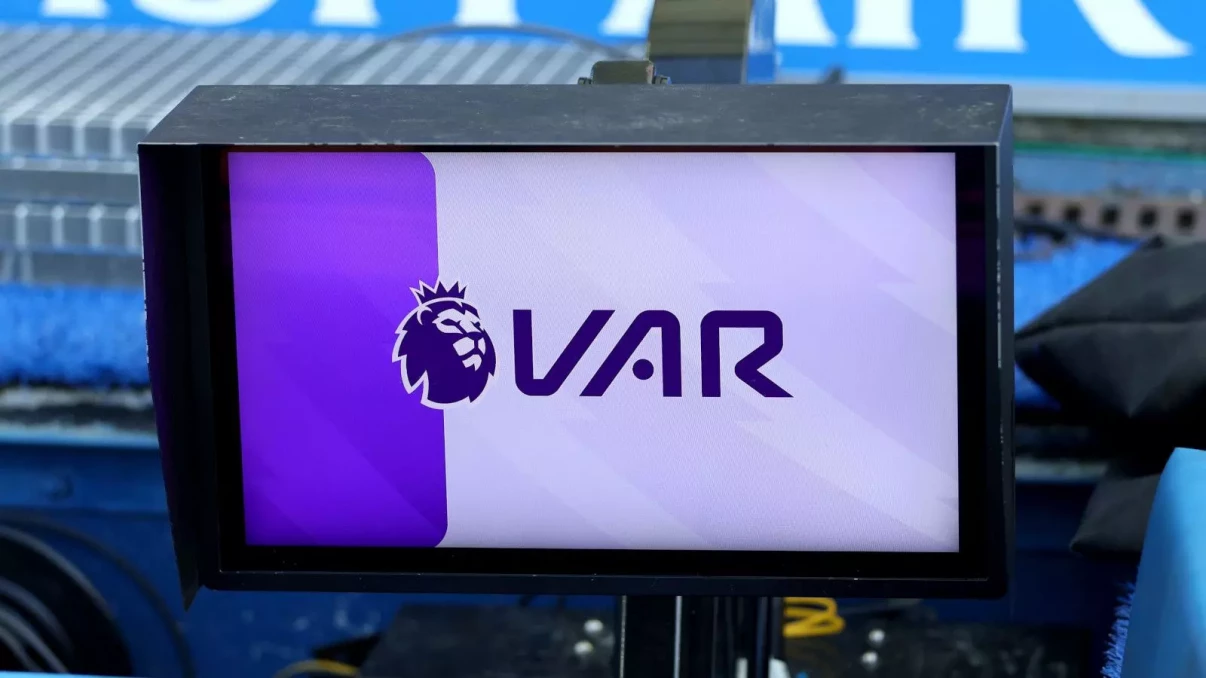VAR is expected to be kept in the Premier League next season, despite Wolves' efforts to abolish it via a vote.
It is not expected they will come close to getting the 14-club majority needed to scrap it when clubs gather for their annual general meeting in Harrogate on Thursday.
Wolves reportedly intend to push for a vote should there be attempts at the AGM to persuade them not to hold one, even if that vote leads to a heavy defeat.
The Black Country club said last month VAR had led to "numerous unintended consequences that are damaging the relationship between fans and football" and that the system was "undermining the Premier League brand".
The Premier League responded to Wolves' statement by saying it "fully supported" the continued use of VAR, with Liverpool and Manchester United among the clubs who are understood to support VAR being retained and improved.
Wolves' 1877 Supporters Trust said it was "incredibly pleased" with its club's stance on the matter and called on other trusts to lobby their clubs to vote in favour of scrapping VAR.
Recent supporter surveys indicate strong opposition to VAR. A Manchester United Supporters Trust (MUST) poll of more than 16,000 Red Devils fans found less than one per cent were in favour of keeping VAR in its current form.
More than half - 50.6 per cent - were not even prepared to countenance any attempt to keep VAR even if it could be improved.
One of the major criticisms of VAR is the time taken to reach a decision.
Premier League clubs have already given unanimous support to the introduction of semi-automated offside technology in the autumn, which top-flight sources say will reduce the length of time of the average check by 31 seconds.
While there is a perception that some decisions take a long time, delays because of VAR were, on average, just over a minute per game in the Premier League in the 2023-24 season, roughly the same time as a goal celebration.
The Premier League intervention rate is understood to be lower than that seen in UEFA and FIFA competitions, while 107 correct outcomes were recorded due to VAR last season according to the league's independent key match incidents (KMI) panel.
The KMI panel identified 25 missed interventions - where it felt a video assistant should have stepped in but did not - which arguably indicates the high bar that has been set for intervention.
There were also six instances of incorrect decisions following a VAR review - five where referees were incorrectly advised to go to the screen and change their on-field decision, and one where an official should have changed their decision at the screen but stuck with the on-field decision incorrectly.
The Premier League could introduce in-stadium announcements after VAR reviews in time for next season, a system seen at last year's Women's World Cup.
The Football Supporters' Association's survey last summer found only one in 20 who had experienced VAR in a stadium rated their experience of it as good or very good.









